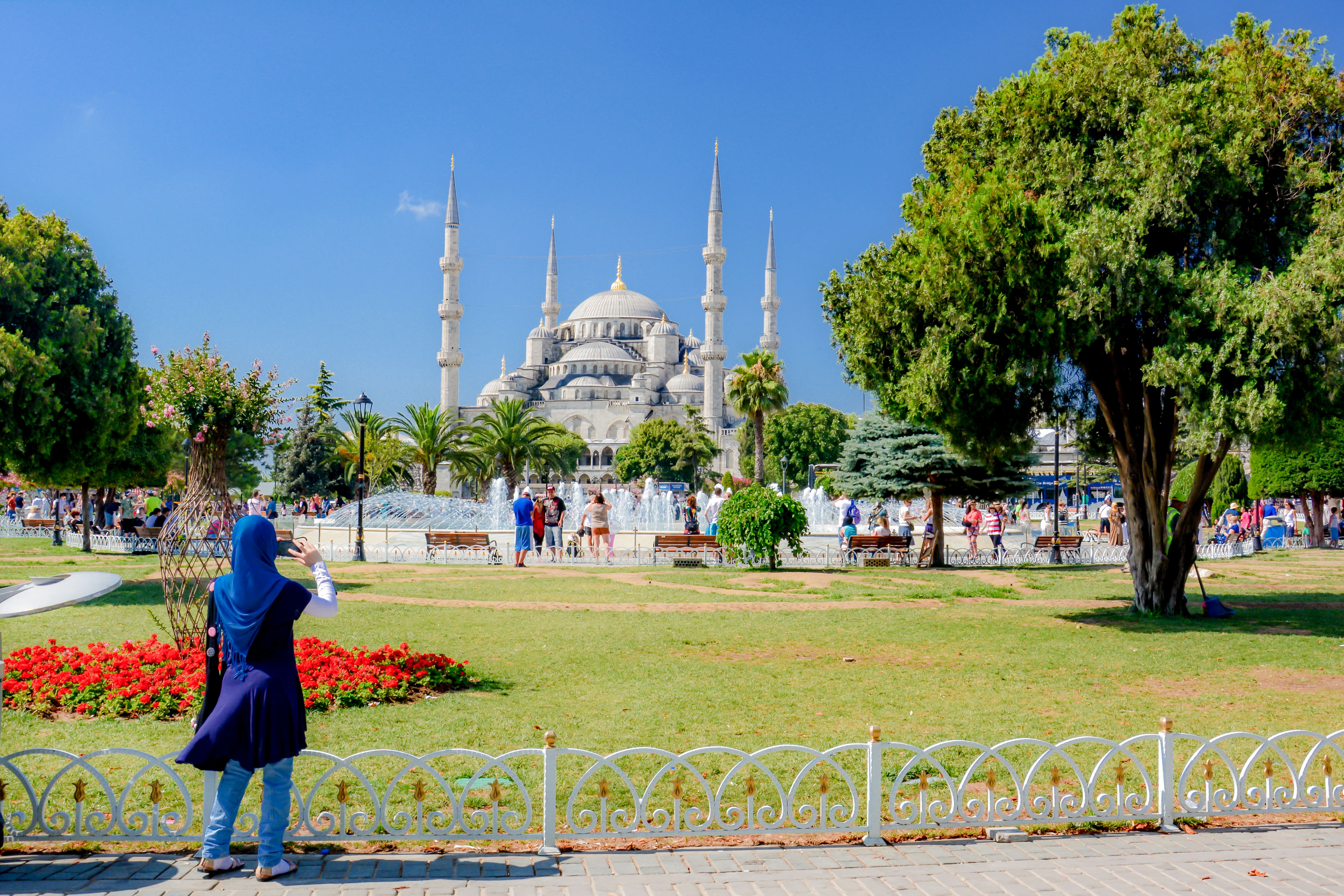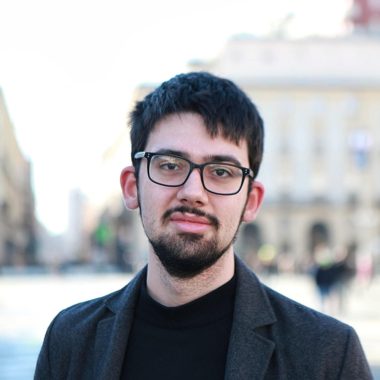Turkey’s going to elections next May 14th, a day when the world will see whether the former Ottoman power will still be led by the conservative and Islamist Justice & Development Party of the current President Recep Tayyip Erdogan, or rather by the progressive social-democrat Republican People’s Party.
These elections will come in an important period for the Turkish stance in the world geopolitical landscape, especially regarding the Ukrainian crisis.
Since the war broke out, Turkey has proved to be the only NATO country capable of opening a stable diplomatic channel with Moscow, as evidenced by Erdogan’s brokering of last October’s grain deal, where Putin agreed to unblock Ukrainian ports for the export of grain, avoiding a worldwide food crisis.
Turkey has not even joined the sanctions on the Russian Federation.
This was possible as Erdogan has treaded carefully between NATO’s wishes and Putin’s. After an initial holdup, Turkey approved Finland’s ascendency to NATO. Turkey was the last country to approve them, and admittance is only granted with a unanimous vote of all the members.
Sweden’s application process is still pending. Turkey is demanding extradition of supposed Kurdish terrorists that are allegedly harbored in Sweden.
Erdogan’s veto is of course allowed by the organization’s rules, but seeing it as a procedural difficulty is just part of it. Turkish military power is the second by strength in the alliance, meaning that Istanbul has the second word, just after Washington. This gives it great political leverage. The former Ottoman power has managed to oppose the official US line many times, on scenarios like Syria and Libya, where the Turkish army is involved, or as well as regarding the nomination of the former Alliance’s general secretary, the Danish Anders Fogh Rasmussen, allowed by Istanbul only after Obama promised to appoint a Turkish deputy.
It is like if on some dossiers no Western leader is actually able to get things done without bowing to the Sultan.
One might think that if the elections will overthrow Erdogan it will be better for the Western stance. However, militarism and nationalism is well rooted in the opposition Republican People’s Party—the biggest difference from Erdogan being approach to Islam and secularization. Moreover, this opposition party has been softer on Russia than the conservative majority, marking a possibly lose-lose scenario for the Alliance’s internal balance.
At the same time NATO is not the only international organization that relies on Ankara for its key interests, as the European Union counts on Erdogan for stopping migration fluxes coming from the Middle East. That is why Turkish internal stability is a crucial ingredient for the years to come, where an endangered anatolian peninsula could easily affect all the surrounding and fragile regions: the Black Sea, the Balkans, the Middle East, as well as areas with strong turkish military presence as Libya, Syria, the Gulf.
A change of leadership in Ankara can be turbulent. A failed coup attempt hit the roads of Istanbul in 2016, and terrorist attacks are still commonly spread in the southeastern part of the country. They sometimes even effect Istanbul, as happened last November 13th. So nothing can be forecast as elections approach.
Surely the recent earthquake that caused more than fifty thousand fatalities will play a big role. Government’s response has been often inadequate or late, but it’s still early to know if this tragedy has cost Erdogan the support of the rural people who has continuously supported him throughout his almost ten years of presidency.
According to recent polls by Euronews, Erdogan’s biggest opponent, Kilicdaroglu, is ahead of him by 2.5%, yet other factors can intervene, like the army, terrorism or even the development of the Ukrainian crisis.
What’s certain is that the West will look concerned at whatever it happens in Ankara, as a possible mixture of strong regional power and internal instability could create a ticking bomb able to erase any previous plan on the region, any balance in the NATO and a new heated international dossier that would be another burden on the already fatigued international community.
Author
-

Dario Pio Muccilli is the Star-Revue’s Italian correspondent, based in Turin. Email him at muccillidariopio@gmail.com
View all posts
Dario Pio Muccilli is the Star-Revue’s Italian correspondent, based in Turin. Email him at muccillidariopio@gmail.com










